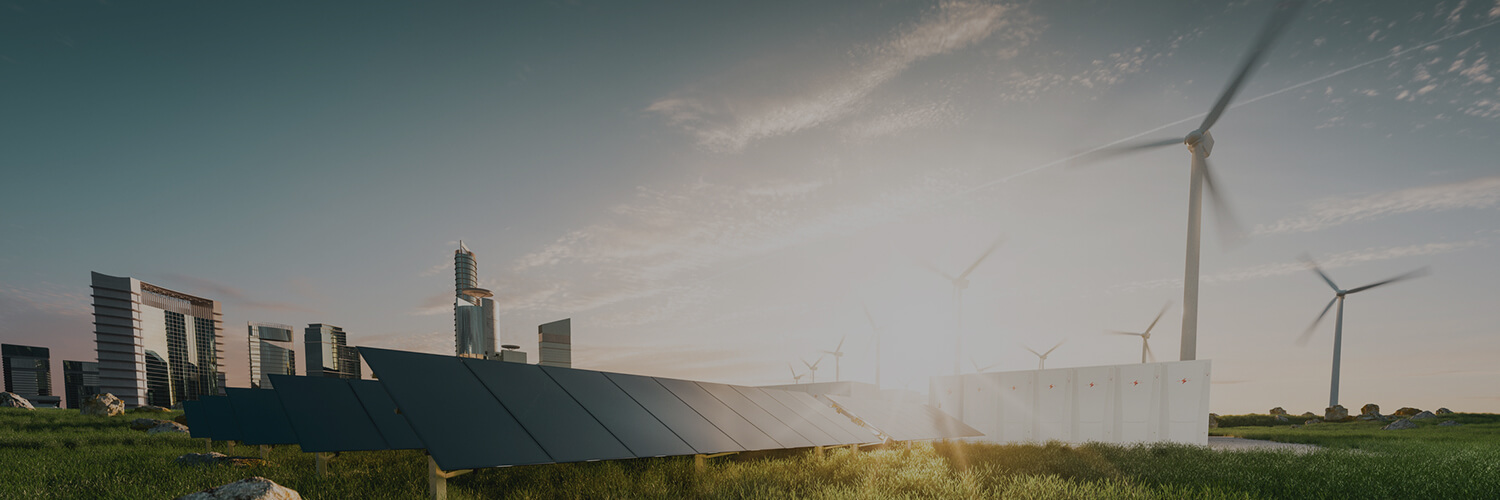
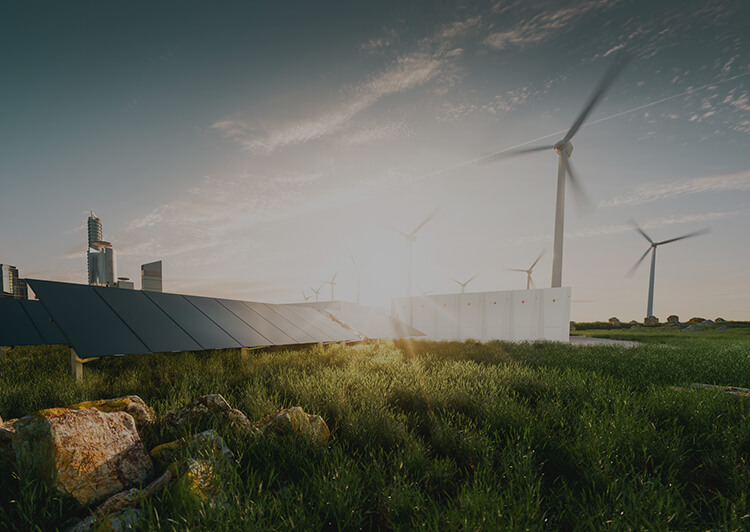
Business
Development


Development Scope
Towards achieving the targets set in Compass 2030, Tokyo Gas Asia is expanding its business in the region by engaging mainly in LNG infrastructure businesses, renewable energy and next-generation energy (new energy). [Read more on Compass 2030]
LNG

While it is a fossil fuel, LNG can provide the most practical pathway towards decarbonisation in Asia. Tokyo Gas Group engages in a chain of business activities that extends from LNG procurement to transport, the production and supply of city gas, and the provision of energy solutions. By leveraging Tokyo Gas Group’s accumulated expertise and knowledge, Tokyo Gas Asia aims to expand the use of natural gas in Asia. Specifically, we are focusing on:
-
LNG receiving terminal
While domestic natural gas production in the region is declining, we are seeing a growing gas demand in the region backed by vibrant economic growth and increasing environmental concerns. We believe LNG is going to play the key role in unlocking Southeast Asia’s economic potential by filling the gas supply and demand gap. Tokyo Gas Asia is determined to take part in LNG receiving terminal projects and utilise our long-accumulated experience to develop the LNG infrastructure in the region. In Japan, Tokyo Gas owns 4 LNG terminals (Sodegaura, Negishi, Ohgishima and Hitachi) and contributes to the stable gas supply in the country.
-
Natural Gas-Fired Power Plant
Tokyo Gas Group operates high-efficiency combined cycle natural gas-fired power stations in Japan. As natural gas-fired power stations take much less time to start and stop than a coal-fired plants, we believe they play a crucial role in securing a stable power supply in the region where we see a rapid increase of renewable energy to come online. Tokyo Gas Asia is keen to participate in such IPP/SPP businesses in the region and contribute to its stable and clean power supply. Tokyo Gas Group owns approximately 4,100MW natural gas-fired power generation globally (As of 31 March 2021).
-
Natural Gas Distribution
Natural Gas is a very versatile fuel. Natural gas does not only go to electricity, but industry too, mostly as feedstock or for process heat, commercial buildings’ heating and cooling, as well as cooking, transportation and even residential usage. For a variety of customers, it can be distributed via pipeline or lorries in gaseous or liquid states. Tokyo Gas Asia is committed in contributing to the development of the natural gas infrastructure in the region through the involvement in natural gas distribution businesses. In Japan, Tokyo Gas Group supplies city gas to more than 12 million customers.
Renewables
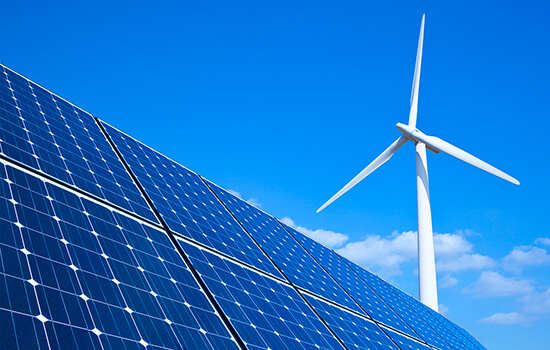
Tokyo Gas Group has a handful of renewable assets globally that sum up to a total capacity of 1,360MW (As of 31 March 2021). In Tokyo Gas Group Management Vision, Compass 2030, we have announced to expand renewable power source transaction volume in 2030 to 6GW* by creating renewable energy value chains leveraging our Group’s unique strengths. We aspire to expand our renewable assets in Southeast Asia. Specifically, we are focusing on:
* Compass 2030’s original target was 5 GW
-
Photovoltaic Power Generation
In August 2020, Tokyo Gas America Ltd. acquired the 631MWdc Aktina Solar Project in Texas, U.S.A. developed by Hecate Energy, a U.S. renewable energy developer. Tokyo Gas intends to expand the scale of its overseas renewable energy sources and in Southeast Asia. Tokyo Gas Asia is committed to promote Photovoltaic Power Generation to provide clean energy to the region.
-
Onshore/offshore Wind Power Generation
Following the construction of a station on our own site in 2005, we have participated in various onshore wind power generation projects in Japan. Tokyo Gas is also seeking to promote offshore wind power generation projects and has invested in Principle Power, the developer and owner of a/the proprietary floating system technology. The technology has significant offshore stability and is expected to be widely adopted in floating offshore wind projects around the world.
-
Biomass Power Generation
In Japan, Tokyo Gas has acquired biomass power generation projects in Takaoka City, Toyama Prefecture; and Ichihara City, Chiba Prefecture. Tokyo Gas Asia believes biomass power generation as well as photovoltaic and wind power generation will play important role towards decarbonisation.
Next Generation Technology (New Energy)
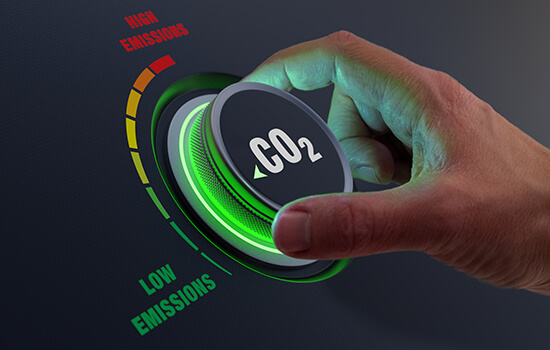
Although natural gas is the cleanest fossil fuel, it still produces CO2 emission. And as a leading company dealing with natural gas, it is our responsibility to deal forthrightly with the issue of climate change by promoting new generation technologies. Specifically, we are focusing on:
-
Hydrogen
Hydrogen is expected to play a central role in the decarbonisation pathway in Southeast Asia as well as the rest of the world. Countries have undoubtedly strong interest towards the development of this technology. Tokyo Gas introduced hydrogen utilisation technology into the market by developing hydrogen generation equipment and commercialising residential fuel cells for the first time in the world. Tokyo Gas will promote the development of hydrogen and methanation technologies that contribute to decarbonisation of gas energy.
-
CCUS
Stronger investment incentives and climate targets are building new momentum behind CCUS. After years of slow progress and insufficient investment, interest in CCUS is starting to grow. Tokyo Gas has been developing CCUS technology to contribute to the reduction of CO2. CO2 absorbing concrete production technology can contribute to the reduction of CO2 at customers’ site and high-efficiency large-scale CO2 storage technology using microbubbles enables efficient CO2 storage method.
-
Methanation
Methanation refers to the synthesising of methane using hydrogen and CO2. It is positioned as one promising technology for the decarbonisation of city gas in the future. By producing city gas from synthesised methane, which in turn is derived from CO2-free hydrogen and CO2, the existing city gas infrastructure and devices — which include equipment that uses gas — can be used effectively. This will make it possible to curb additional social costs and concurrently achieve the decarbonisation of city gas. Tokyo Gas has launched a verification test of Methanation technology in Japan, and it could be a solution with which Tokyo Gas Asia can provide to the region to utilise existing natural gas assets.
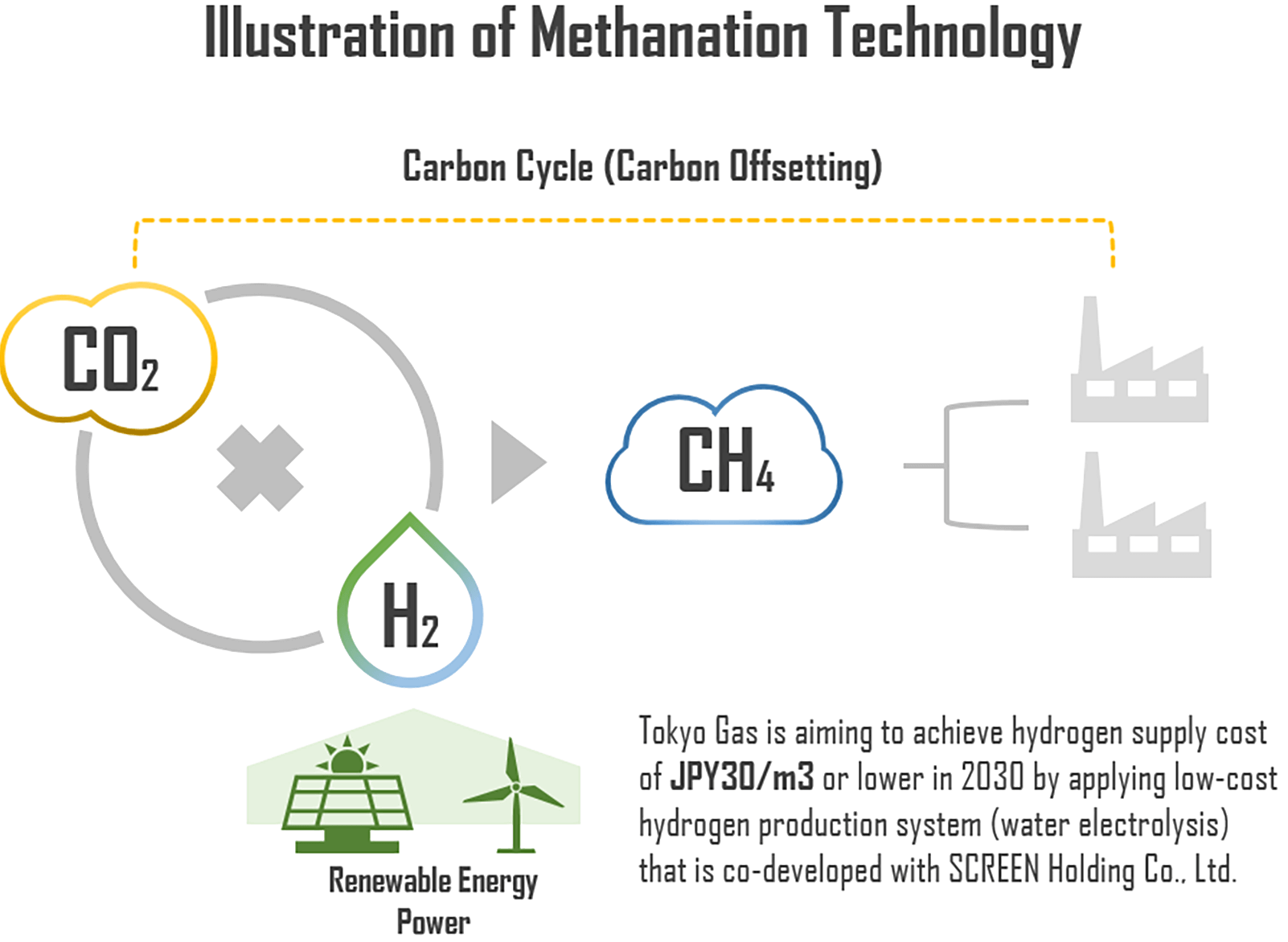
Information about our Tokyo Gas Group’s activities on achieving net-zero CO2 is available here

